Chancellor’s Professors
To be appointed a Chancellor’s Professor is the highest honor that can be bestowed on a member of the faculty of the University of Tennessee.
The designation recognizes extraordinary scholarship in an individual discipline or field, as well as a record of excellence in teaching and service to UT.
Full-time, tenured faculty are nominated by a dean based on their nationally or internationally recognized work through scholarly publications, creative activities, awards, medals, and other academic honors. As part of their appointment, each Chancellor’s Professor receives a one-time research stipend of $20,000 as a token of their outstanding achievement.
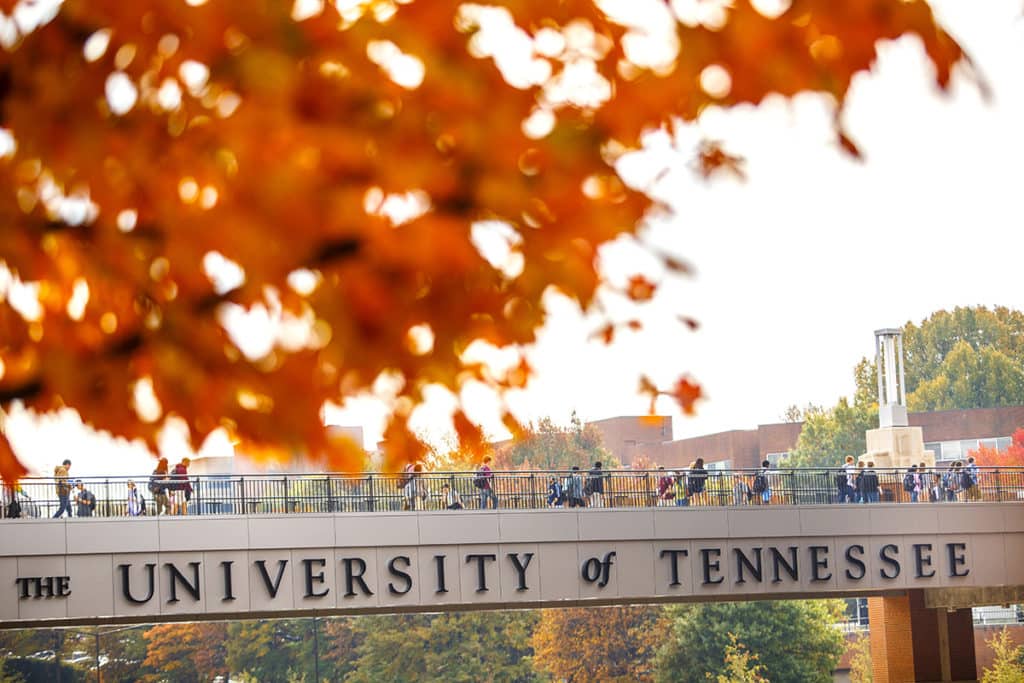
Current Honorees
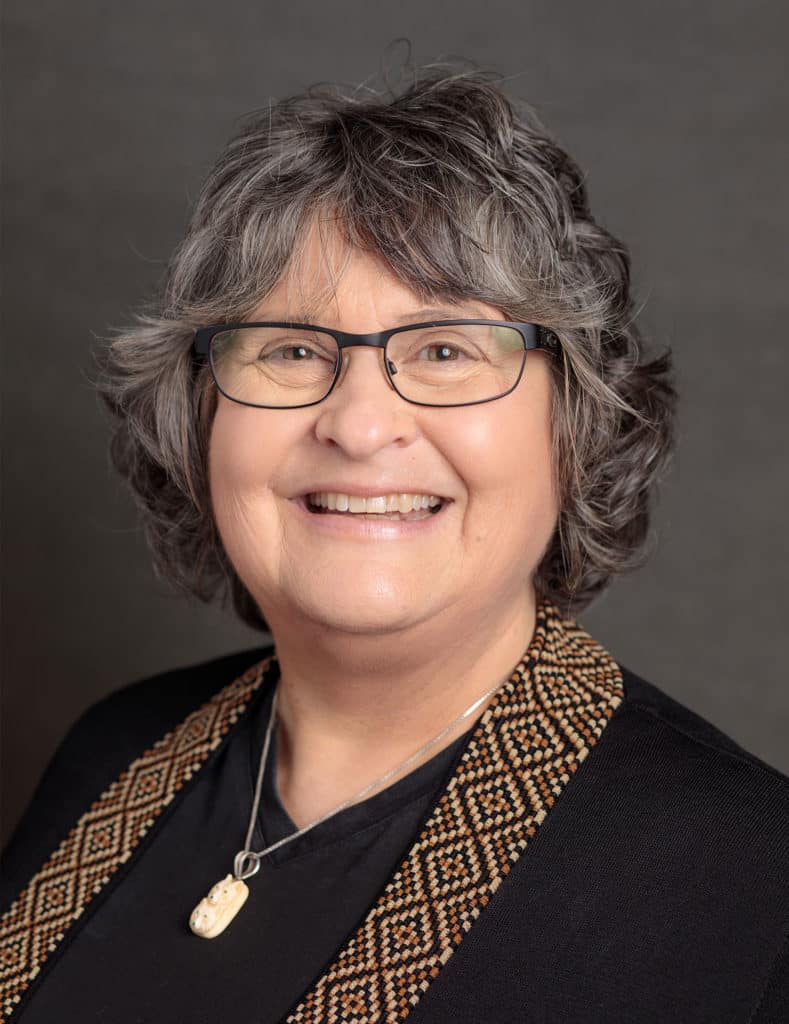
Suzie Allard
Suzie Allard is a professor of information sciences, associate dean for research in the College of Communication and Information, and director of the Center for Information and Communication Studies. At UT since 2003, she has a distinguished record of research, teaching, and service locally, nationally, and internationally.
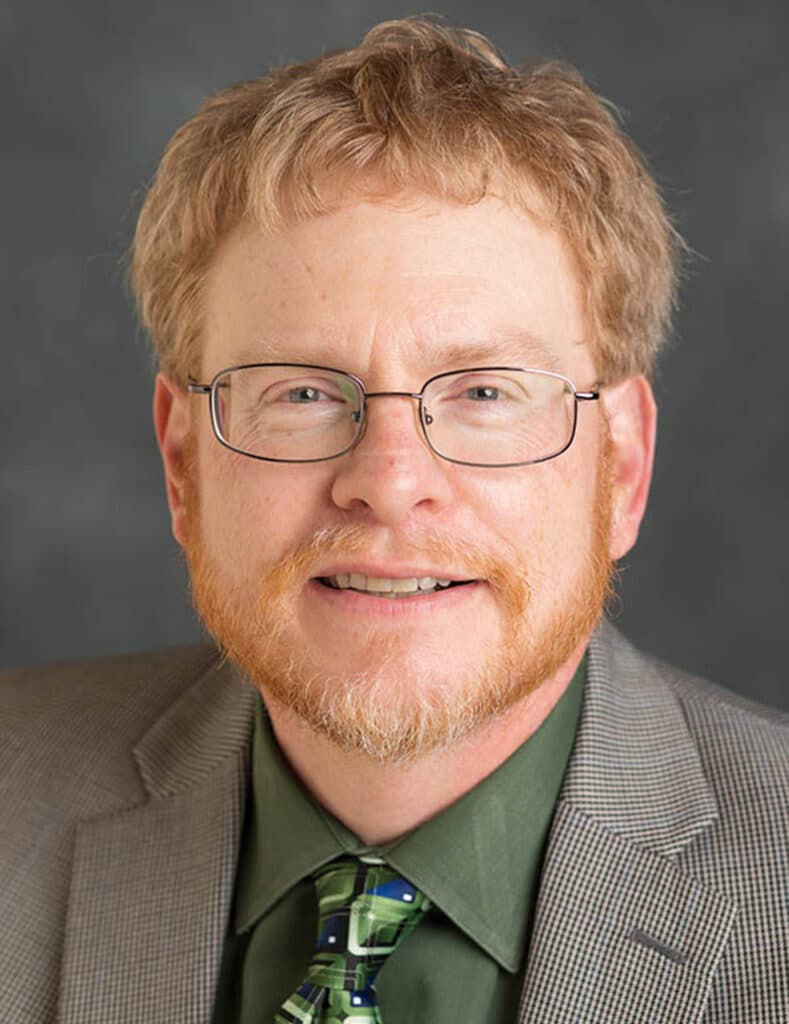
Derek Alderman
Derek Alderman is a professor of human geography in the Department of Geography and Sustainability where he served as department head before his current term as Faculty Senate president. Alderman studies cultural and historical geography with specific focus on heritage tourism, social justice, and politics of geographic mobility and travel.
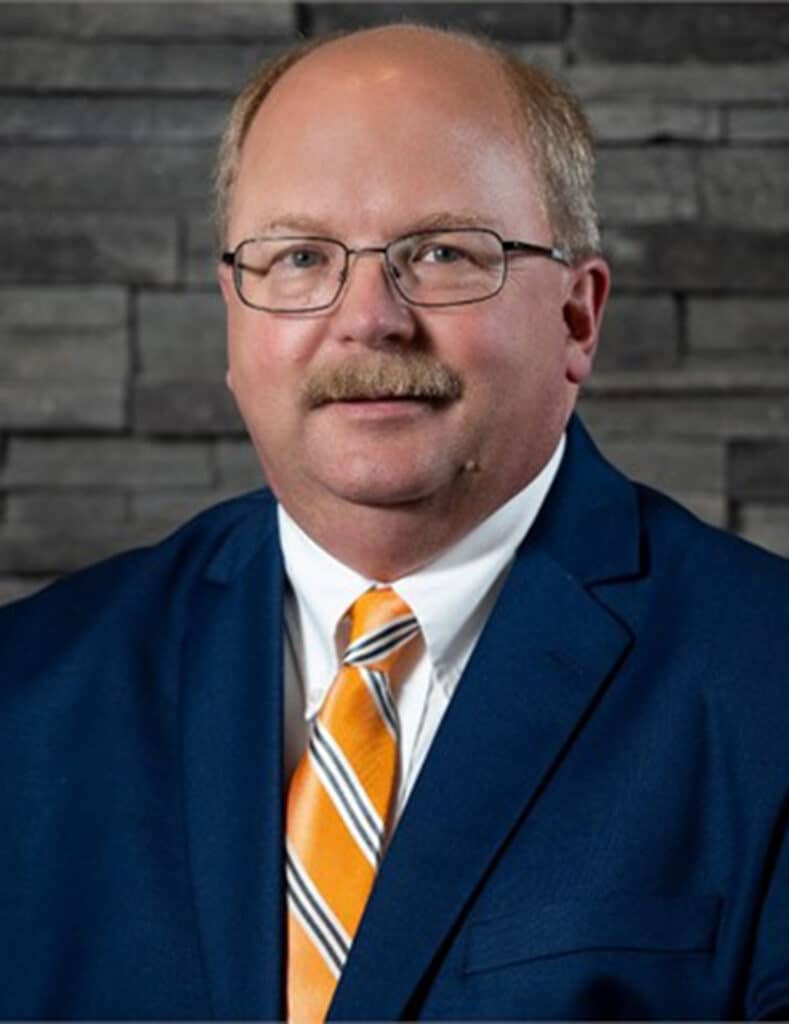
David Anderson
David Anderson is the associate dean for Research and Graduate Studies in the College of Veterinary Medicine. His research involves the study of bone trauma, biomaterials, tissue regeneration, development of surgical models for study of disease conditions, and pain management among livestock.
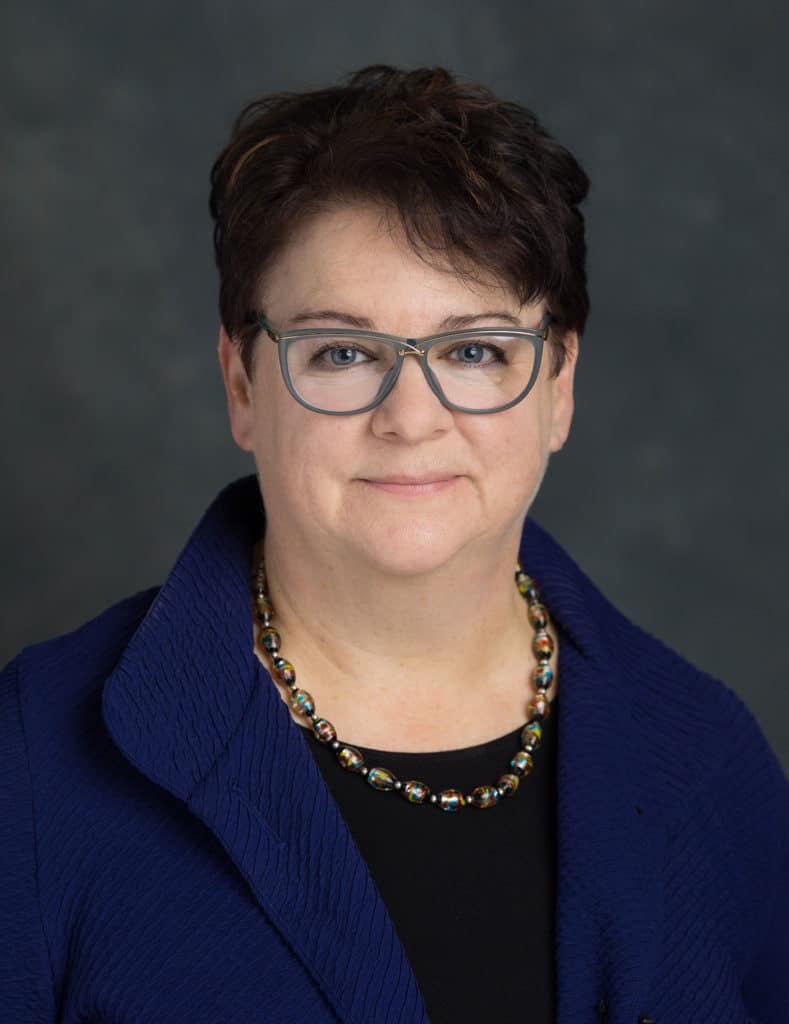
Amy Elias
Amy Elias is a Lindsay Young Professor in the College of Arts and Sciences and has served as director of the UT Humanities Center since 2017. She authored Sublime Desire: History and Post-1960s Fiction (Johns Hopkins University Press, 2001), and won the George and Barbara Perkins Book Prize from the International Society for the Study of Narrative (ISSN). Elias is the principal founder of the Association for the Study of the Arts of the Present (ASAP) and has served in a variety of roles for that organization. She hosted the association’s launch conference in Knoxville in 2009, featuring work by 115 speakers from China, the United Kingdom, the United States, Japan, Canada, Finland, Germany, the Netherlands, and Spain. She is also the founding co-editor-in-chief of ASAP’s scholarly publication, ASAP/Journal. Elias has served on the executive boards of both ASAP and ISSN and on book prize committees for ASAP, ISSN, and the Modern Language Association. She has a bachelor’s degree from Wilkes University and a master’s and PhD from Pennsylvania State University, all in English.
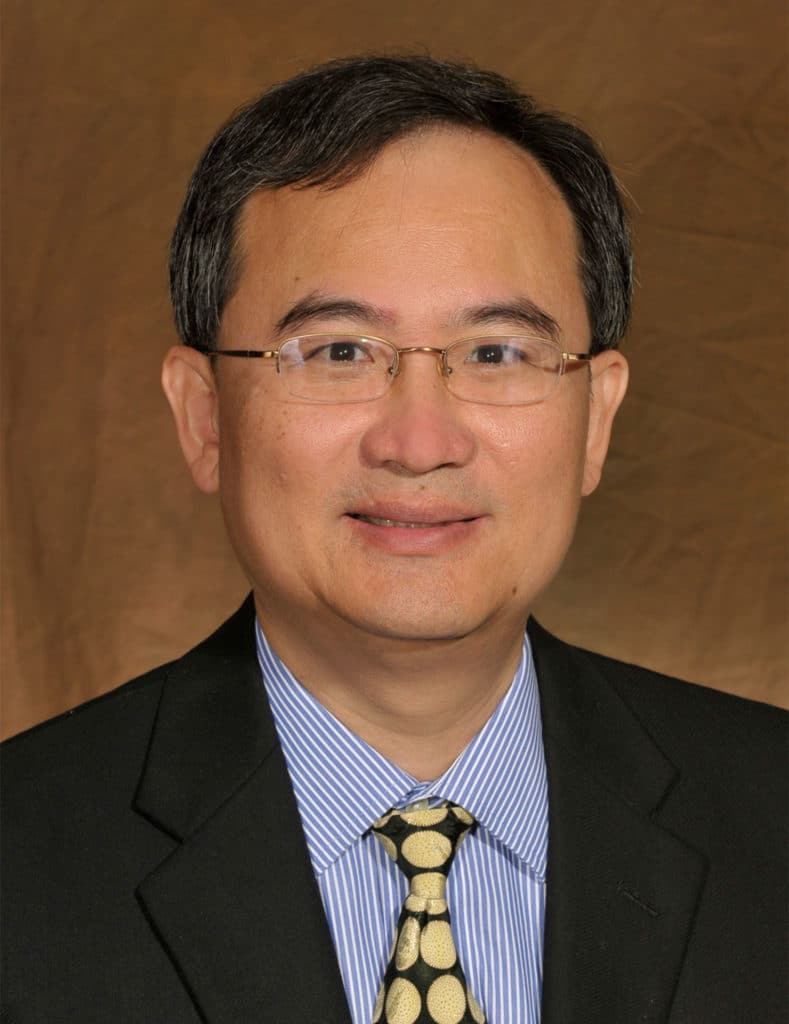
Joshua Fu
Joshua Fu is the John D. Tickle Professor and James G. Gibson Professor in the Department of Civil and Environmental Engineering and the inaugural professor of the UT–Oak Ridge National Laboratory Bredesen Center for Interdisciplinary Research and Graduate Education. He is a Fellow of the American Association for Advancement of Science and the Air and Waste Management Association. He is a joint faculty member in the Computational Earth Sciences Group within the Computational Sciences and Engineering Division at ORNL. His research focuses on climate change impacts on energy infrastructure; air pollution; water availability; extreme events like heat waves, floods, and drought; and human health.
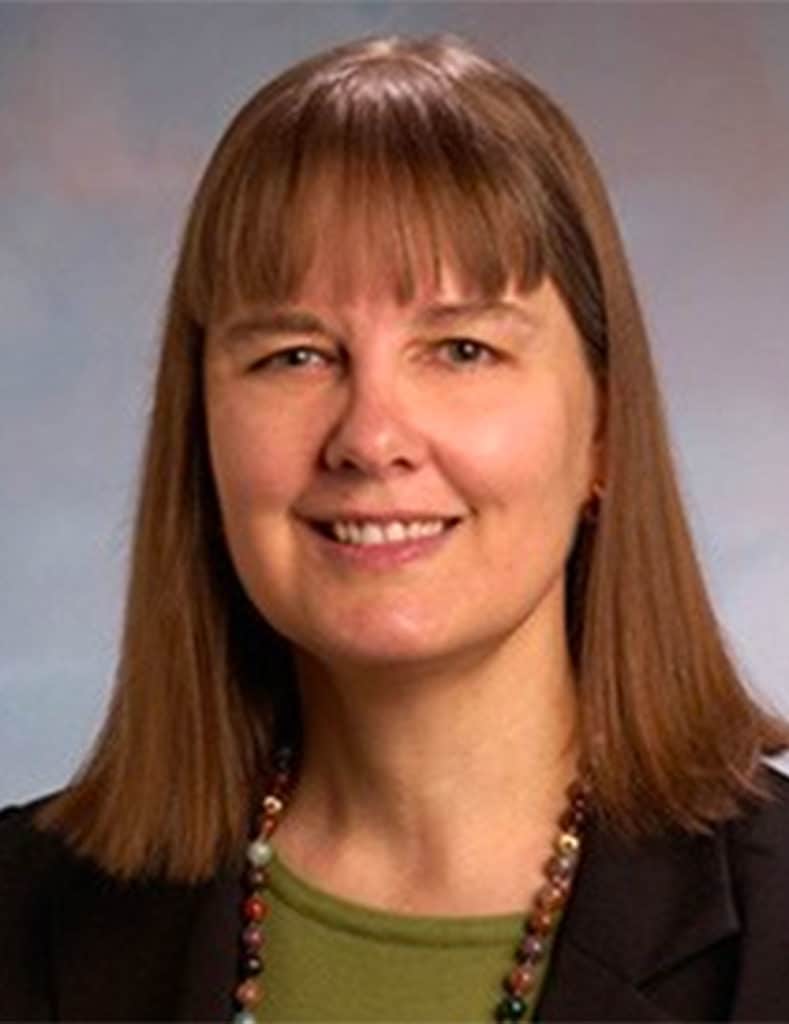
Sally Horn
Sally Horn, professor of geography, examines global environmental change and human-environment interactions during the Quaternary period of Earth’s history, which began some 2.6 million years ago and includes the Ice Ages of the Pleistocene as well as the warmer Holocene epoch in which we live today. With students and other collaborators, she has studied the impacts of climate change and prehistoric and modern human activity on vegetation and landscapes of the Southeastern United States, Central and South America, and the Caribbean and tropical Atlantic regions. Horn helped organize and now directs UT’s Initiative for Quaternary Paleoclimate Research.
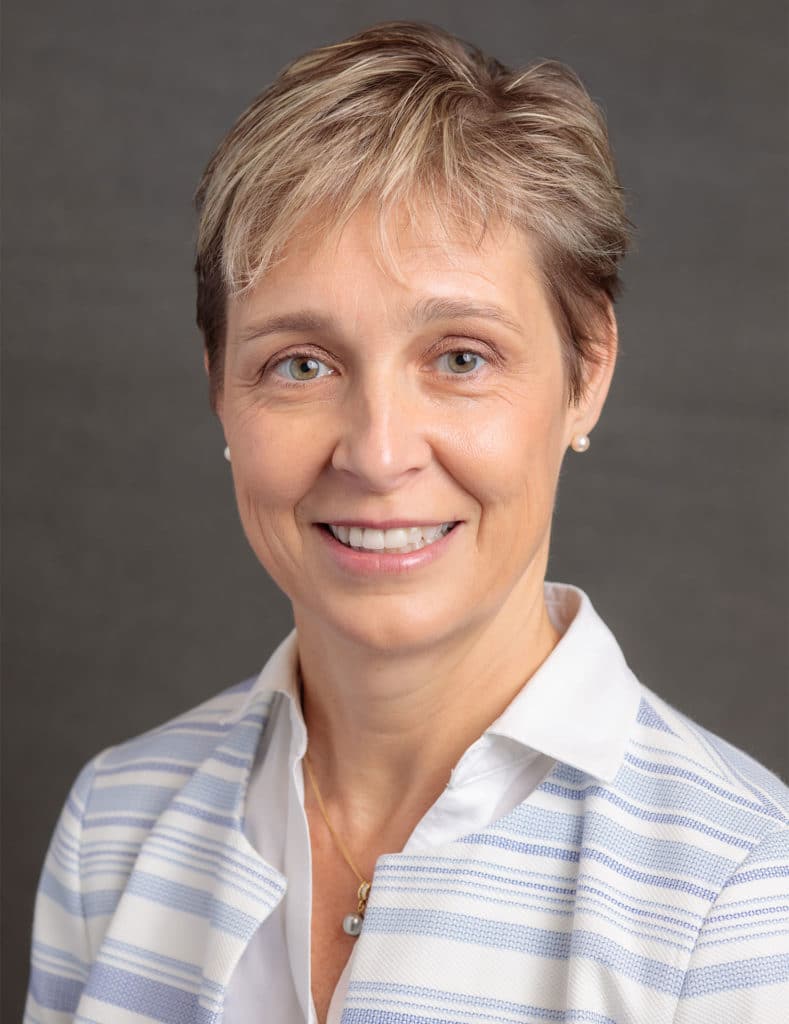
Veerle Keppens
Veerle Keppens is a professor and head of the Department of Materials Science and Engineering, which she joined in 2003. Her research is focused on the fundamental properties of materials, particularly their elastic properties—how they behave under applied stress—and their lattice dynamics (vibrations at the atomic level). Keppens earned her bachelor’s and doctoral degrees at Katholieke Universiteit Leuven in Belgium in 1989 and 1995, respectively, and has previously been awarded both Fulbright and Humboldt Fellowships for her work.
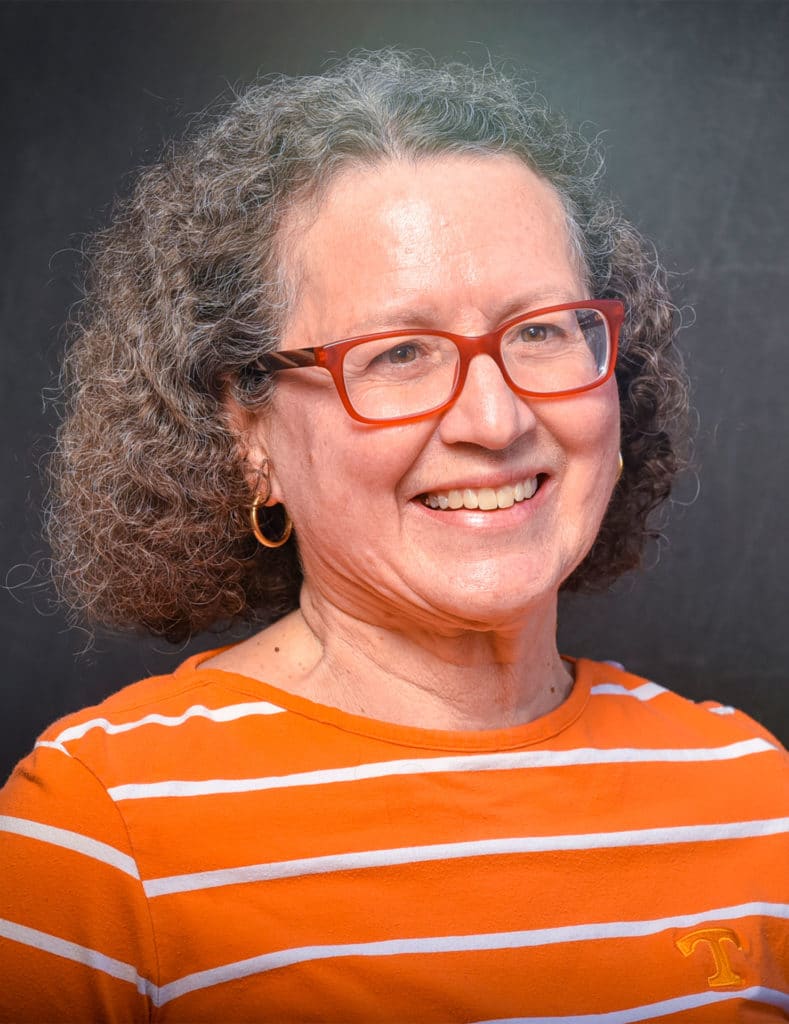
Suzanne Lenhart
Suzanne Lenhart is the James R. Cox Professor of Mathematics. Her work in the field of mathematical biology has been used in devising drug strategies to treat HIV and making recommendations to change the chest pressure pattern in CPR. Her work also has been used to help combat environmental problems such as black bear population control, fishery maintenance, and control of the gypsy moth. Lenhart has received grants from the National Science Foundation almost continually since 1985. She is associate director for education, outreach, and diversity at the National Institute for Mathematical and Biological Synthesis (NIMBioS). She was the director of the Research Experiences for Undergraduates (REU) program in the Department of Mathematics for 15 years and is now the director of such a program for NIMBioS.
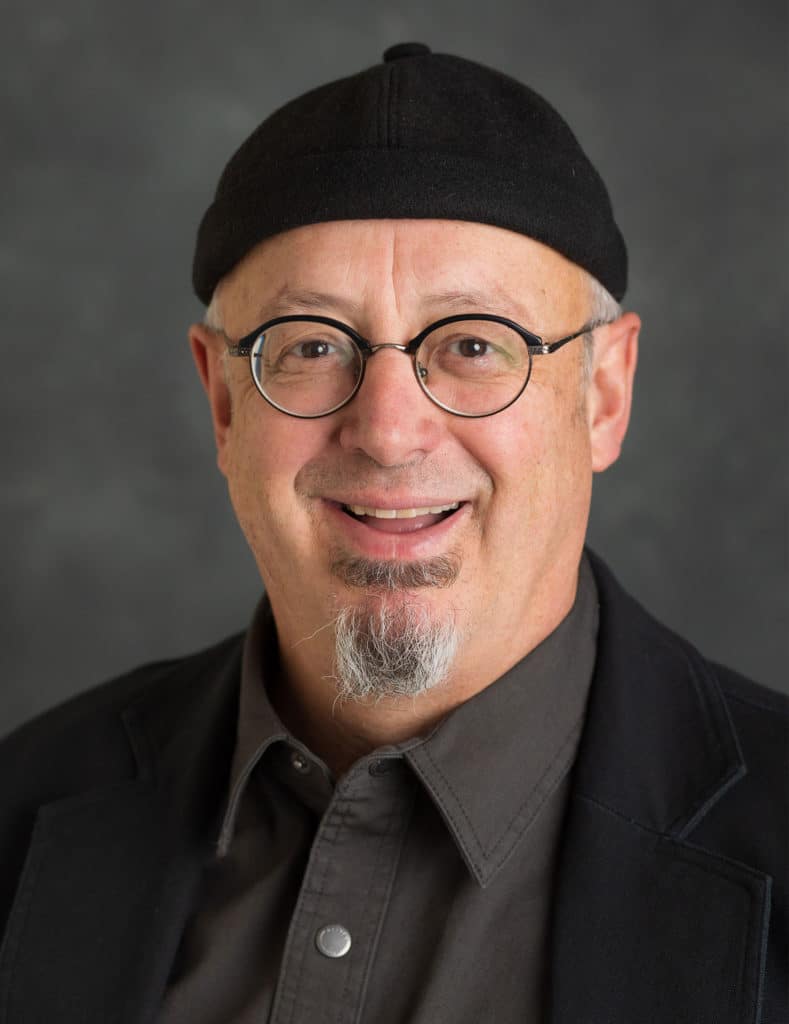
Beauvais Lyons
Beauvais Lyons is a professor of art known for his work as a printmaker and his expertise in contemporary art, art parody, mock documentation, and art censorship issues. His one-person exhibitions have been presented at more than 80 galleries and museums in the United States and abroad. Lyons is well known for his Hokes Archives, creating mock academic projects in archaeology, medicine, folk art, and zoology, and most recently is creating an imaginary circus. His prints are in numerous public collections, including the Smithsonian Museum of American Art in Washington, DC, the Whitney Museum of American Art in New York, and the Philadelphia Museum of Art. He was awarded a Fulbright fellowship in 2002 and a Santo Foundation Artist Award in 2014, and served as president of the UT Knoxville Faculty Senate in 2003–04 and 2017–18.
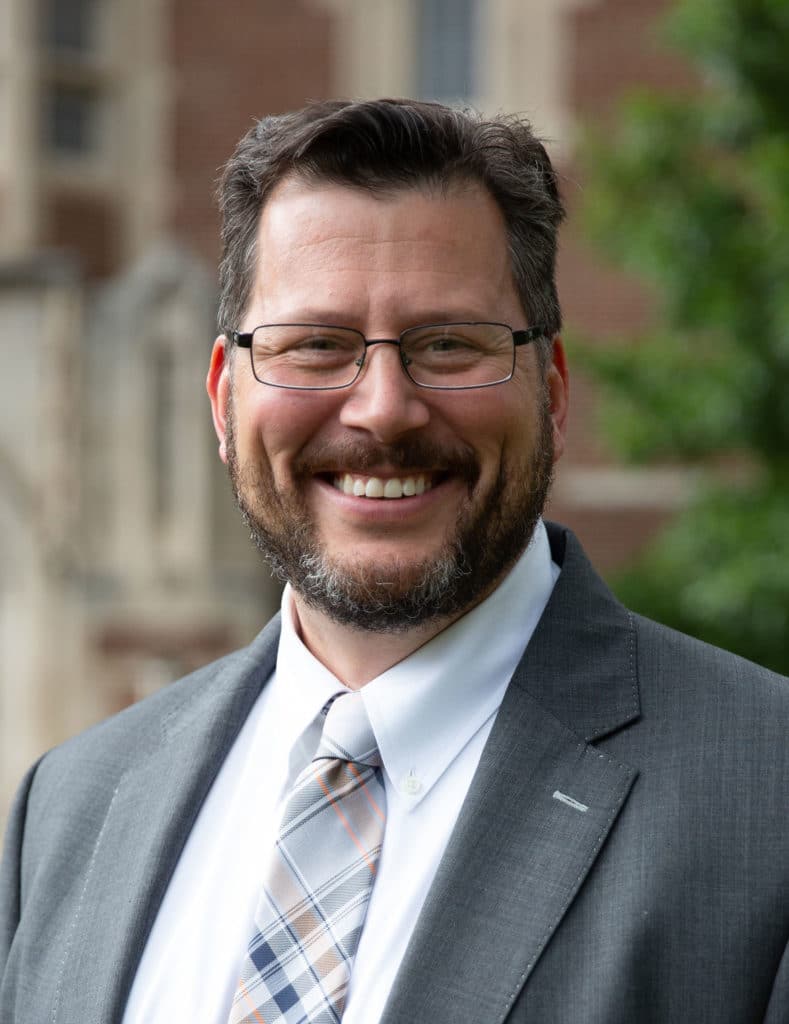
Matthew Mench
Matthew Mench most recently served as interim vice chancellor for research and engagement, leading the department through the COVID-19 pandemic initial response before returning as head of the Department of Mechanical, Aerospace, and Biomedical Engineering in the Tickle College of Engineering. His research focuses on electrochemical power conversion and storage including polymer electrolyte fuel cells, flow battery systems, and biological energy systems. He has also studied computational simulation of electrochemical power conversion and storage systems as well as simulation of the influence of rapidly evolving sociocultural factors on decision-making dynamics. Mench is a Fellow of the American Society of Mechanical Engineers (ASME) and has held multiple leadership positions within the society. He earned his bachelor’s, master’s, and doctorate at the Pennsylvania State University and has been awarded numerous honors and recognitions over the years.
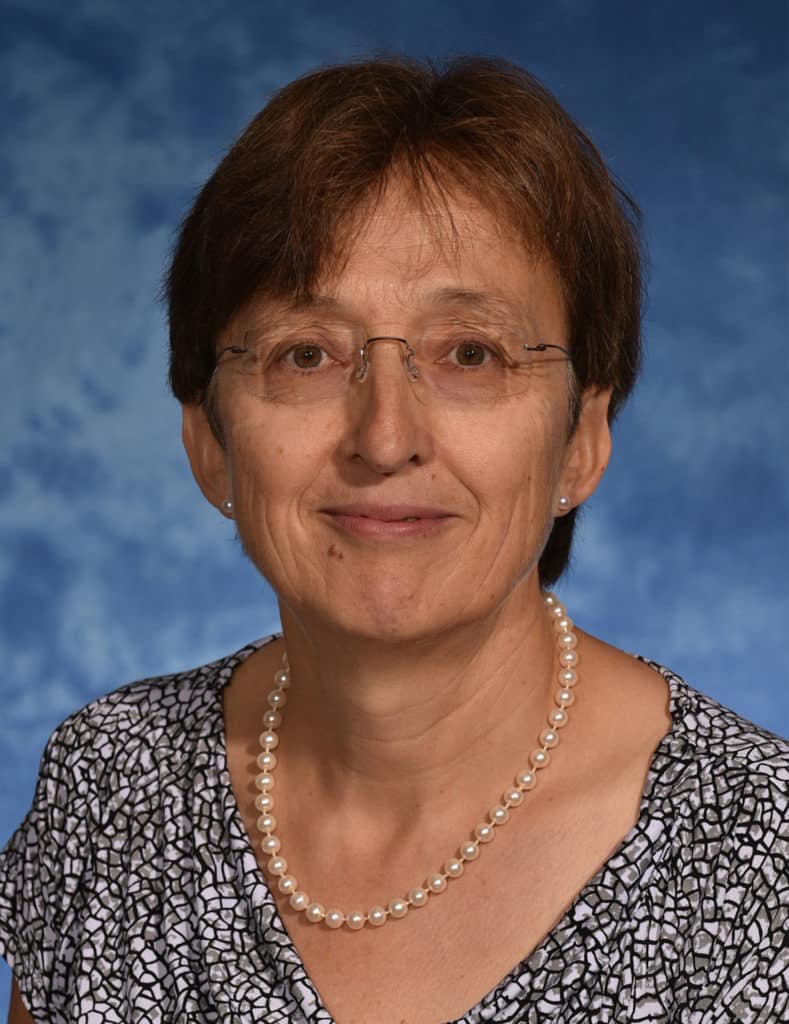
Aleydis Van de Moortel
Aleydis Van de Moortel is Lindsay Young Professor and head of the Department of Classics in the College of Arts and Sciences. At UT since 2002, Van de Moortel is a classical archaeologist who focuses primarily on the rise and decline of complex societies in the Bronze Age Aegean—the earliest in Europe. She has MAs from the Katholieke Universiteit Leuven in Belgium and Texas A&M University as well as an MA and PhD from Bryn Mawr College. She co-directs the Mitrou Archaeological Project in central Greece, for which she has raised over $1.27 million in external funding, including three NEH grants, five grants from Harvard’s Loeb Classical Library Foundation, and numerous grants from the Institute of Aegean Prehistory. She also has been awarded two Fulbright fellowships.

Bonnie Ownley
Bonnie Ownley is a professor, graduate director, and the assistant head for the Department of Entomology and Plant Pathology in the Herbert College of Agriculture. Her research focuses on biological and cultural control of soil-borne plant pathogens. She is a Fellow in the American Phytopathological Society (APS) and her laboratory also studies sustainable disease control methods for a variety of specialty crops.
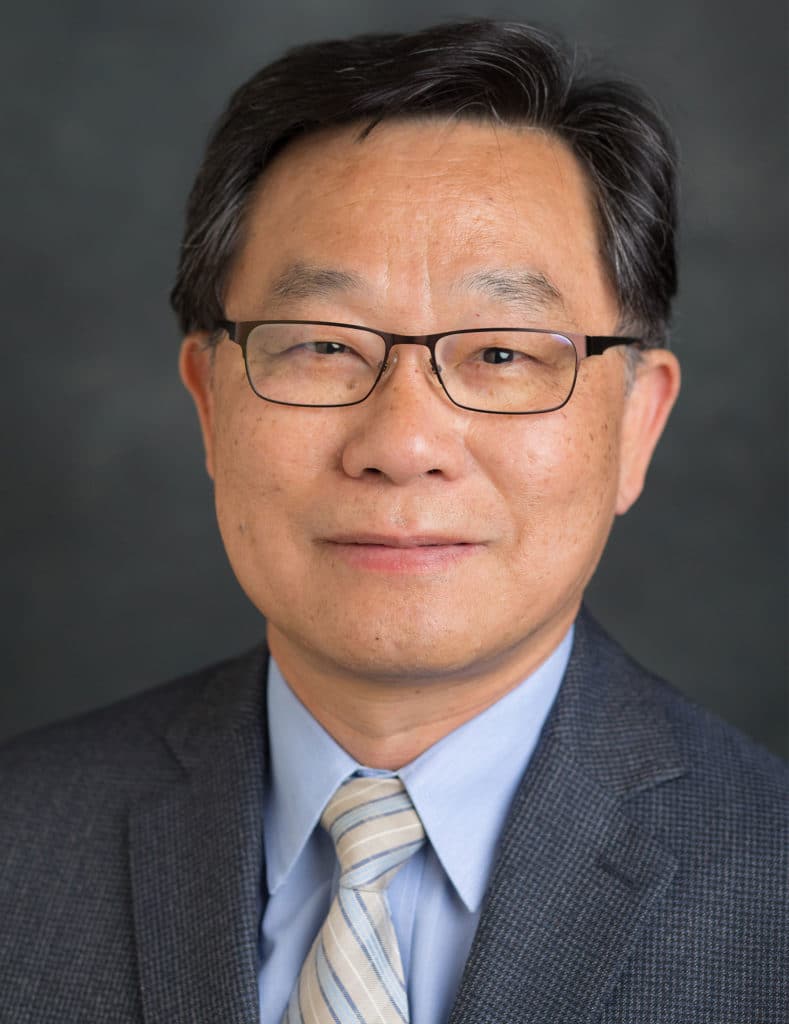
Shih-Lung Shaw
Shih-Lung Shaw holds the Alvin and Sally Beaman Professorship and Arts and Sciences Professorship in the College of Arts and Sciences Department of Geography. A Fellow of the American Association for Advancement of Science (AAAS), he is a recipient of the Edward L. Ullman Award for outstanding contributions to the field of transportation geography and the Outstanding Scholar Award in Regional Development and Planning, both from the Association of American Geographers (AAG). His research specializes in transportation, geographic information sciences, space–time analytics, human dynamics, and spatial data science. Shaw earned his undergraduate degree from National Taiwan University and has a master’s and PhD in geography from the Ohio State University.
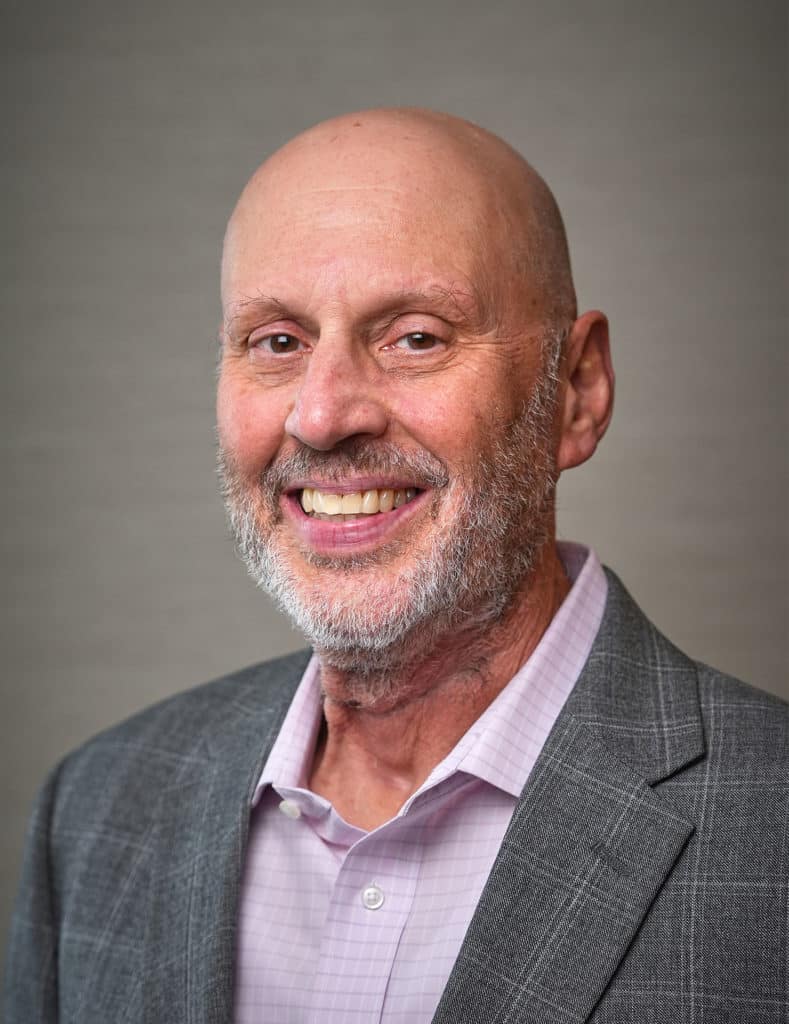
Ted Stank
Ted Stank is the Harry J. and Vivienne R. Bruce Chair of Excellence in Business in the Department of Supply Chain Management and the faculty director of UT’s Global Supply Chain Institute. He leads the Advanced Supply Chain Collaborative, a joint initiative between UT and leading Fortune 500 partner firms focused on better understanding innovative applications. His research focuses on the strategic implications and performance benefits associated with supply chain management best practices. He has authored more than 100 articles in academic and professional journals and co-authored five books.
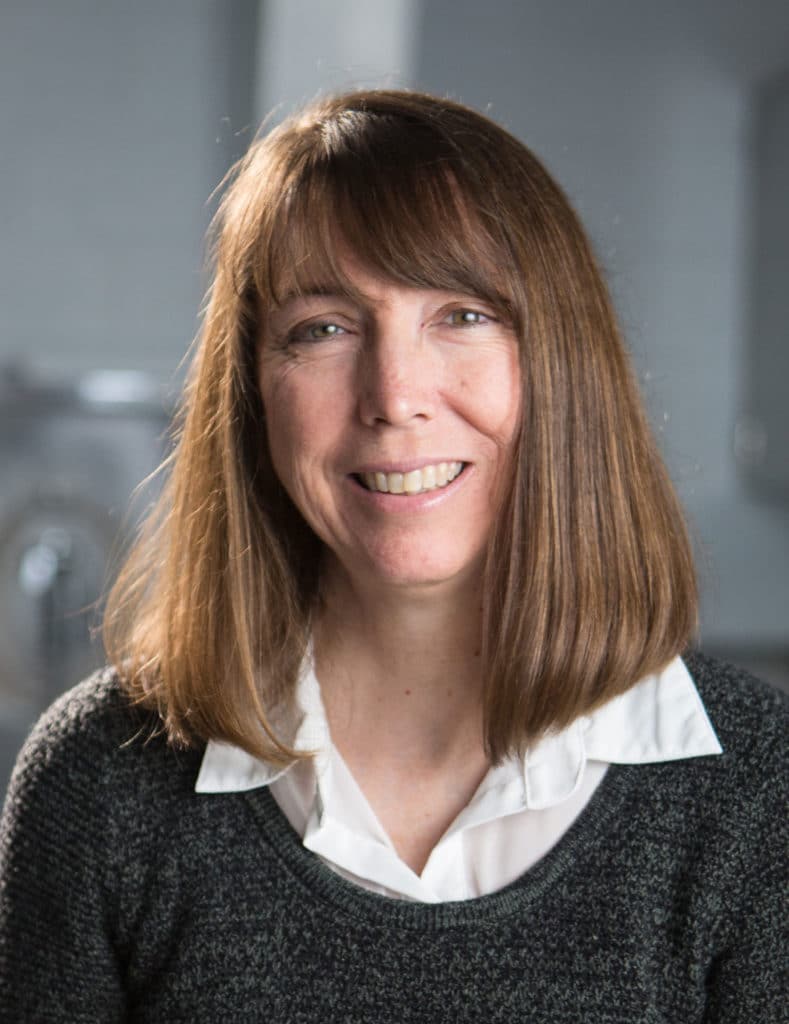
Dawnie Wolfe Steadman
Dawnie Wolfe Steadman is director of the Forensic Anthropology Center and a professor of anthropology in the College of Arts and Sciences. She is a Fellow of the American Association for the Advancement of Science and a past recipient of the Betty Lynn Hendrickson Professorship. Her primary role at the Forensic Anthropology Center is to generate and facilitate research—particularly novel technological applications—using the center’s resources, including the Bass Donated Skeletal Collection and the Anthropology Research Facility. Her research interests focus on forensic anthropology, bioarcheology, and human rights investigations. She is a Diplomate of the American Board of Forensic Anthropology and has served the board as vice president. Steadman earned her bachelor’s degree at the University of Arizona and both her master’s and PhD at the University of Chicago, all in anthropology. Before coming to UT she was a professor at Iowa State University and Binghamton University–State University of New York.
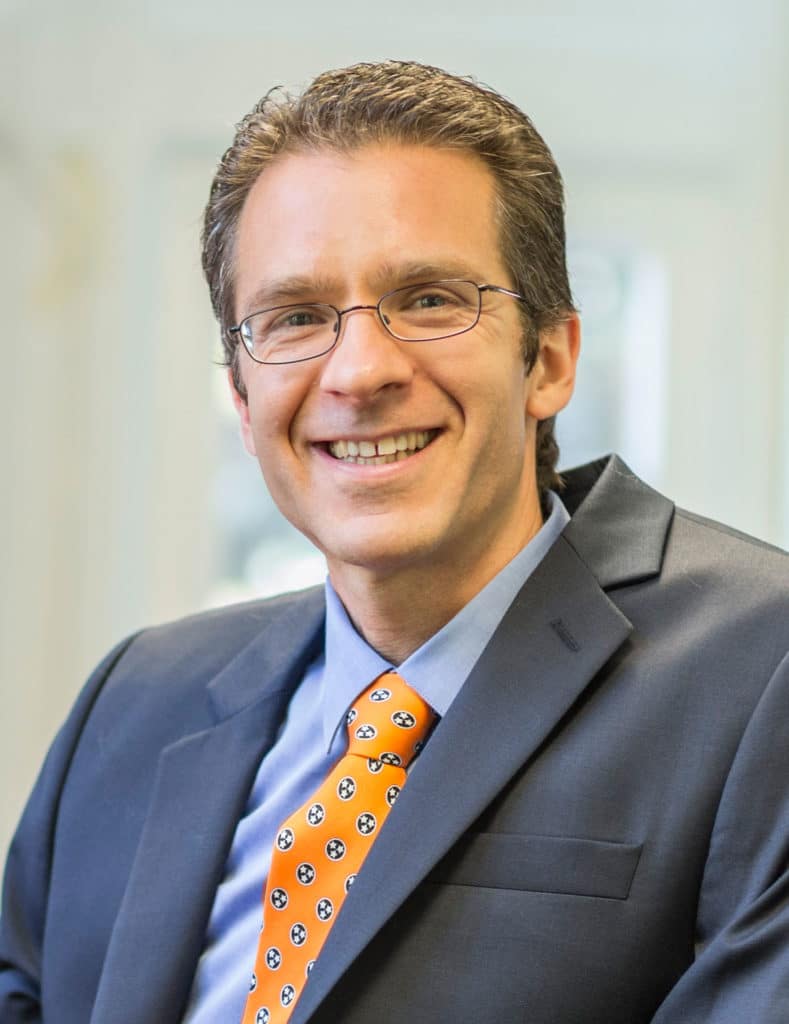
Gregory Stuart
Gregory Stuart is a professor of psychology in the College of Arts and Sciences. At UT since 2008, Stuart is a clinical psychologist who studies the etiology, prevention, and treatment of intimate partner violence and substance misuse. He is editor-in-chief of Substance Abuse: Research and Treatment and a reviewer for 72 other scientific journals. His work has been funded by more than 40 grants equaling more than $25 million. He has been recognized for his work mentoring undergraduate researchers, graduate students, and faculty members.
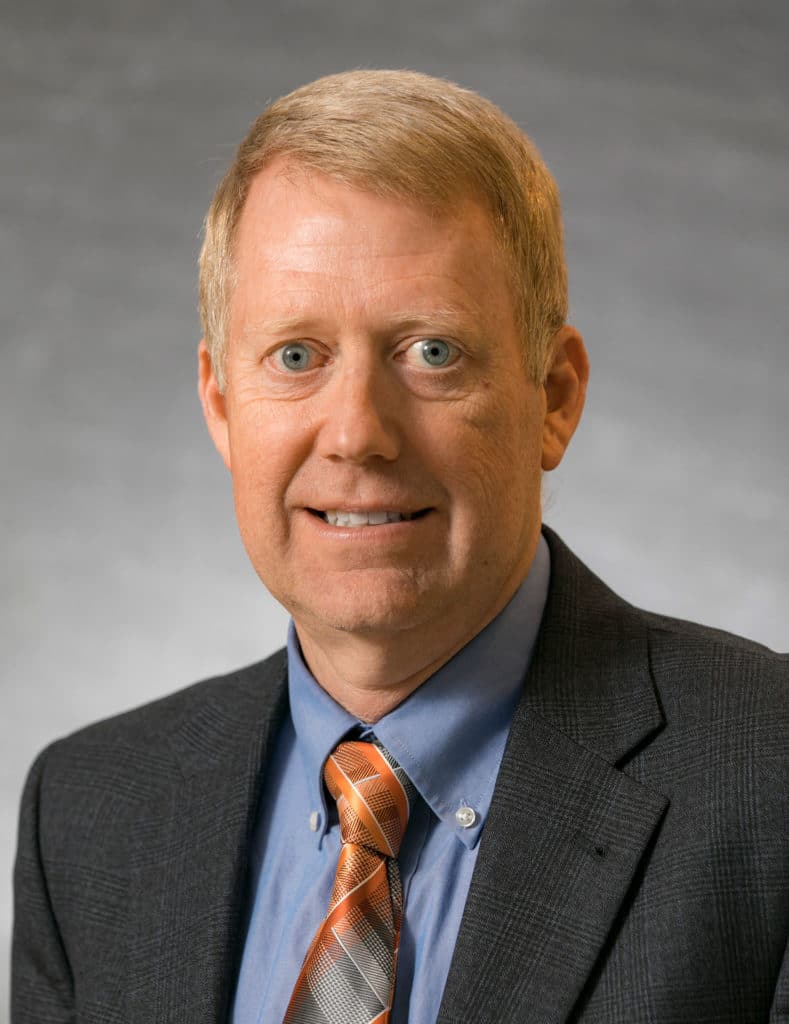
Leon Tolbert
Leon Tolbert is the Min H. Kao Professor of Electrical Engineering and Computer Science in the Tickle College of Engineering and a faculty member in the Bredesen Center for Interdisciplinary Research and Graduate Education. He is an adjunct participant at Oak Ridge National Laboratory and conducts joint research at the National Transportation Research Center. He is a registered professional engineer in the state of Tennessee, a Fellow of the Institute of Electrical and Electronics Engineers (IEEE), and a member of the IEEE Industry Applications Society, IEEE Power Electronics Society, and IEEE Power Engineering Society, with numerous professional awards and service honors. His research specializes in the areas of electric power conversion, application of wide bandgap power electronic devices, multilevel converters, electric vehicles, interface with renewable and distributed energy resources, and reactive power compensation and active filters. Tolbert received his bachelor’s, master’s, and PhD, all in electrical engineering, from the Georgia Institute of Technology.
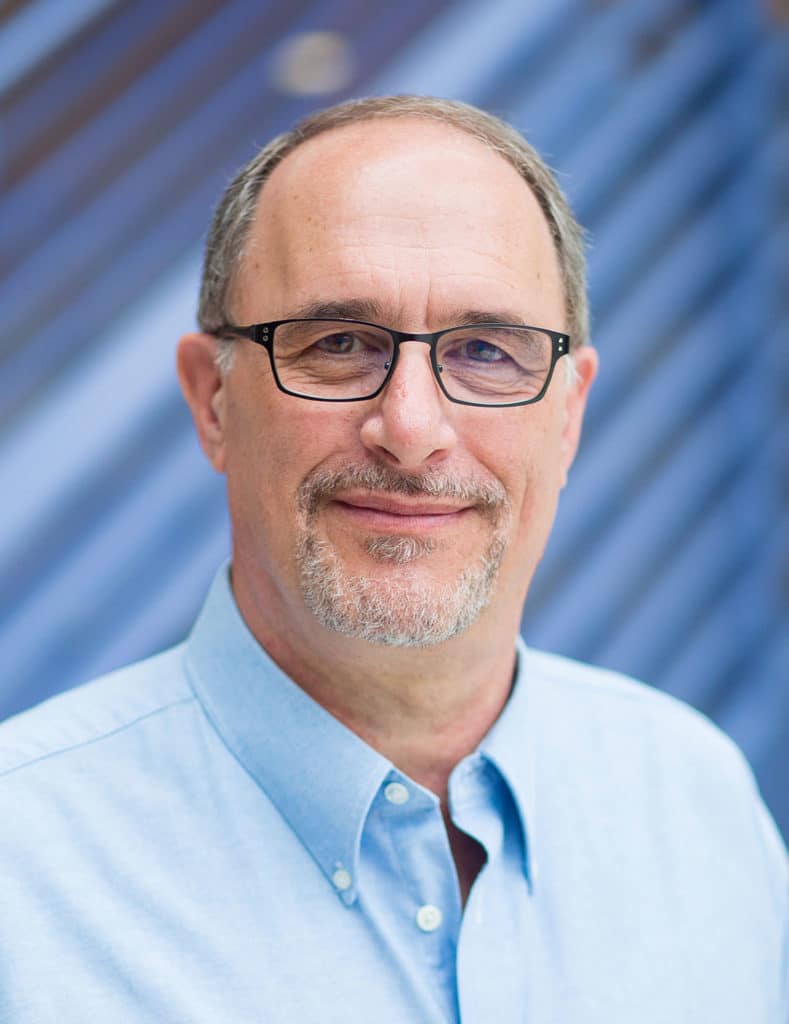
Robert Trigiano
Robert Trigiano is an Institute Professor at the University of Tennessee Institute of Agriculture (UTIA) in the Department of Entomology and Plant Pathology. He works on genomics, population genetics, propagation of endangered plants, diseases of ornamentals, and molecular marker systems for various plants and pathogens. At UT since 1984, Trigiano has a distinguished record of research and teaching with over 225 research articles and book chapters, 10 edited and authored books, and nine patents. He has conducted scientific writing courses at UT and for universities and scientific societies on five continents. He is the associate director of the Weed Diagnostic Center, the editor-in-chief of Critical Reviews in Plant Sciences since 2003, and the chief manager of Creative Agricultural Technologies, an LLC founded in 2005 to market ornamental plants developed at UT.
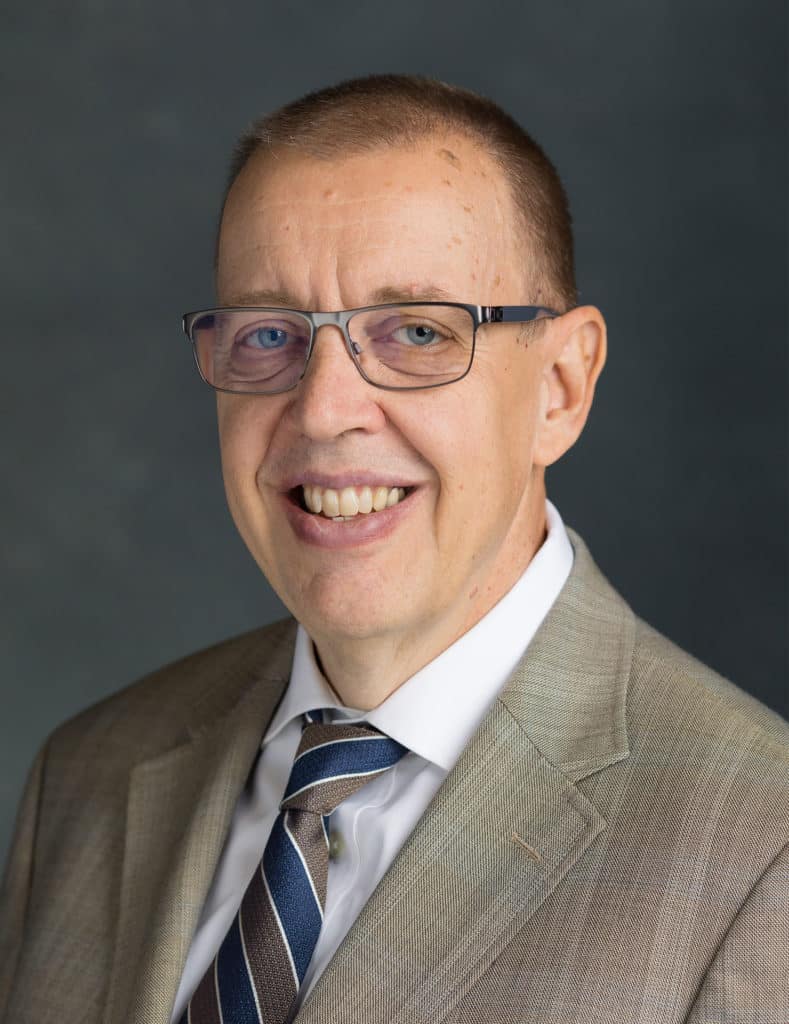
Hanno Weitering
Hanno Weitering is a professor of physics and astronomy in the College of Arts and Sciences. His research focuses on electronic instabilities and correlated electron phenomena in low-dimensional materials. In recent years, Weitering is credited with the discovery of antiferromagnetism in ruthenium dioxide, a well-known chemical catalyst, and the realization of topological superconductivity at the surface of a conventional silicon semiconductor. He has served as the Joint Institute of Advanced Materials’s deputy director and department head for physics and astronomy for 10 years each.
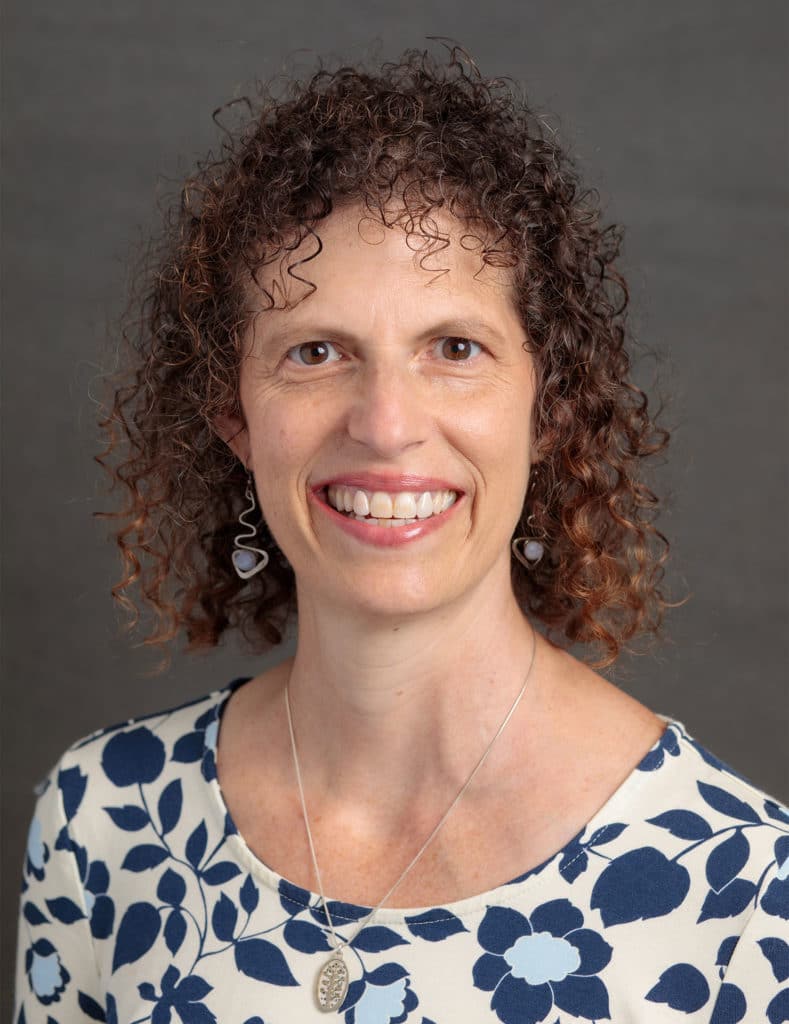
Deb Welsh
Deb Welsh, professor of psychology in the College of Arts and Sciences, focuses her research on understanding the development of romantic relationships and their impact on adolescent, young adult, and older adult functioning. Her research lab, “Transitions Across the Lifespan Lab,” studies the various transition periods that occur across the individual’s life trajectory and their impacts on the many aspects of development including academic, relational, and individual psychological functioning. Welsh is an editorial board member for the Journal of Family Psychology.